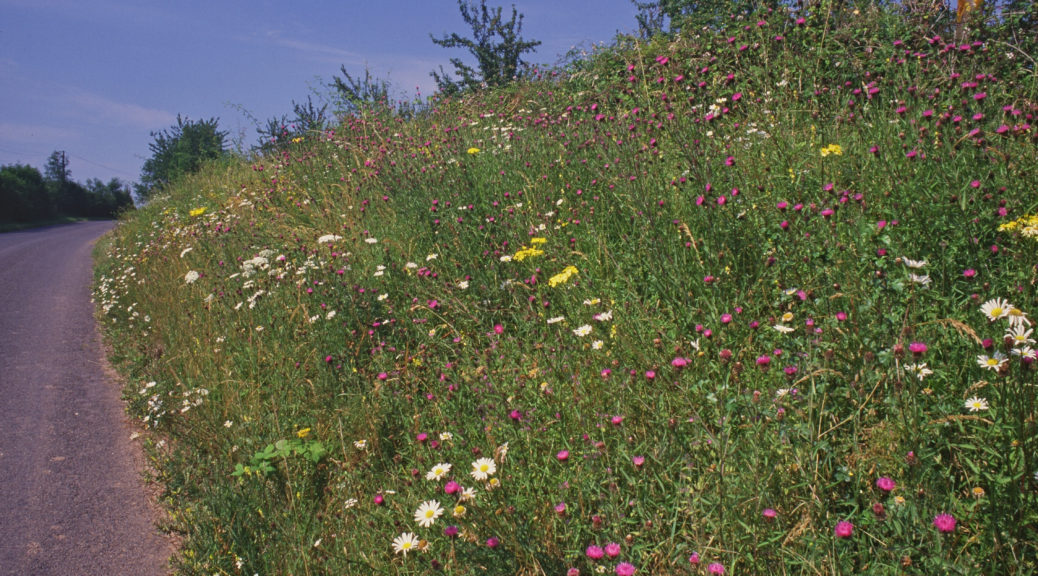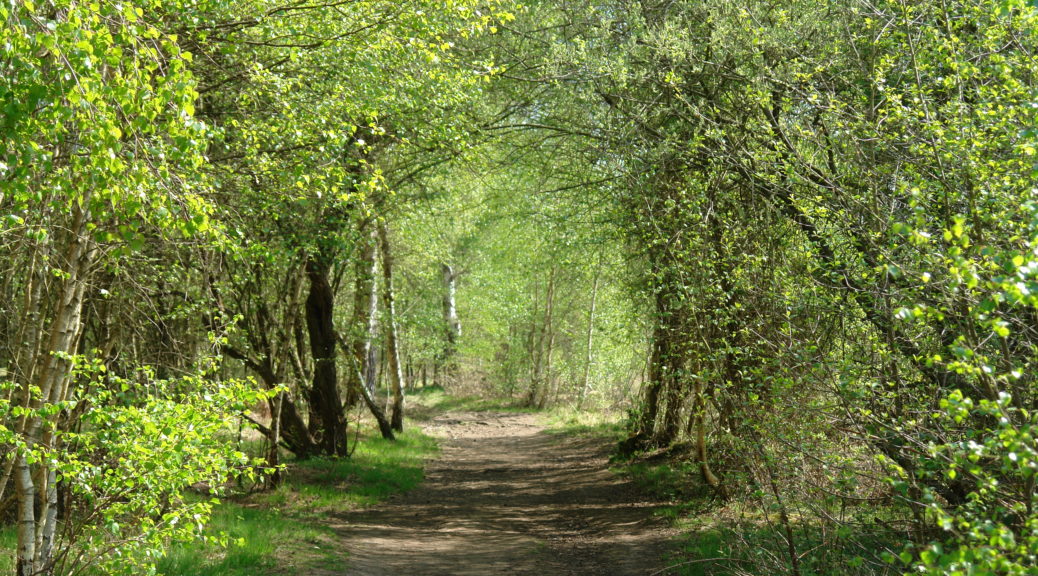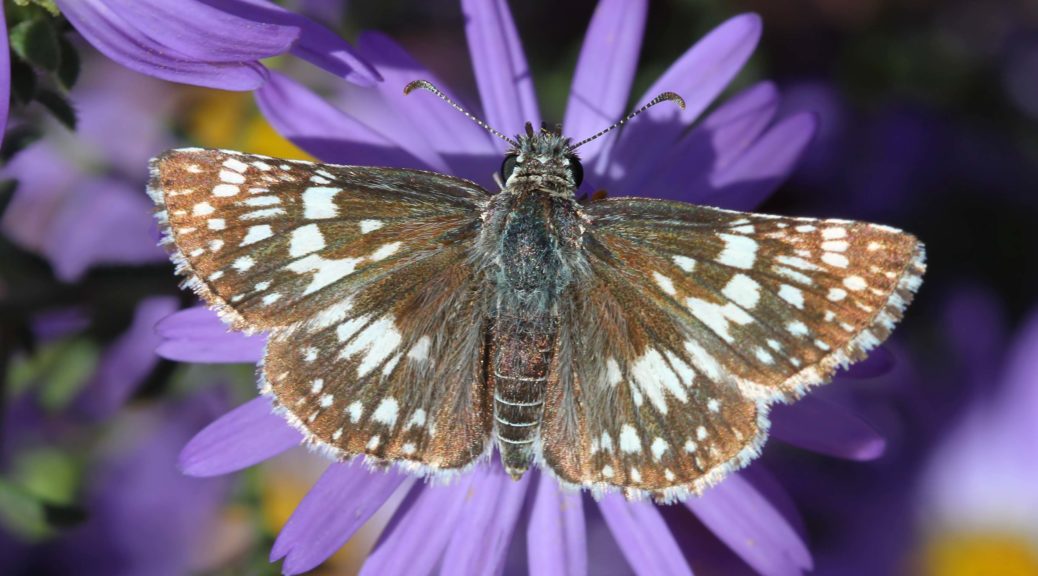I News reports central London’s freshwater sources contain high levels of antibiotic resistant genes, with the River Thames having the highest amount, according to research by UCL.
The Regent’s Canal, Regent’s Park Pond and the Serpentine all contained the genes but at lower levels than the Thames, which contained genes providing resistance for bacteria to common antibiotics such as penicillin, erythromycin and tetracycline. Experts have called for more research into better water treatment methods as a result of the findings.



